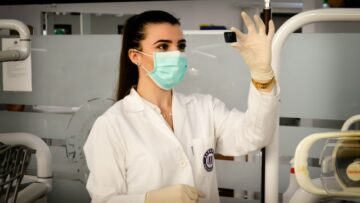The American Physical Society was founded on May 20, 1899, when 36 physicists gathered for this purpose at Columbia University. They proclaimed the mission of the new Society to be “the advancement and dissemination of knowledge in physics,” and in one way or another the APS has fulfilled that mission ever since.
In the early years, practically the only activity of the APS was to hold scientific meetings, initially four times a year. In 1913 the APS took over Physical Review , which had been founded in Cornell in 1893, and publishing journals became its second major activity.
Physical Review was followed by Reviews of Modern Physics in 1929 and Physical Review Letters in 1958. Over the years, Physical Review subdivided into five separate sections as the fields of physics expanded and the number of submissions grew.
The Society’s activities have expanded considerably in recent years. Inspired by increased federal funding in the post-World War II period and, to an even greater extent, by the increased public involvement of scientists in the 1960s, APS has been active in public and government affairs as well as in the international physics community.
In addition, the Society conducts extensive programs in education, public outreach, and media relations. APS divisions and thematic groups cover all areas of physics research. Forums reflect the interest of more than 54,000 participants in broader issues, and sections are organized by geographic region.
The American Physical Society (APS) is a nonprofit membership organization working to promote and disseminate knowledge of physics through its outstanding research journals, scientific meetings, and educational, outreach, advocacy, and international events. APS represents more than 50,000 members, including physicists from academia, national laboratories, and industry in the United States and around the world.
Mission Statement
To advance and disseminate knowledge of physics for the benefit of humanity, to advance physics, and to serve the broader physics community, we
- provide a welcoming and supportive professional home for an active, engaged, and diverse membership,
- promote scientific discovery and disseminate research,
- protect physics and physicists, and amplify the voice of science,
- to share the excitement of physics and to communicate the important role physics plays in today’s world, and
- to promote effective physics education for all.





